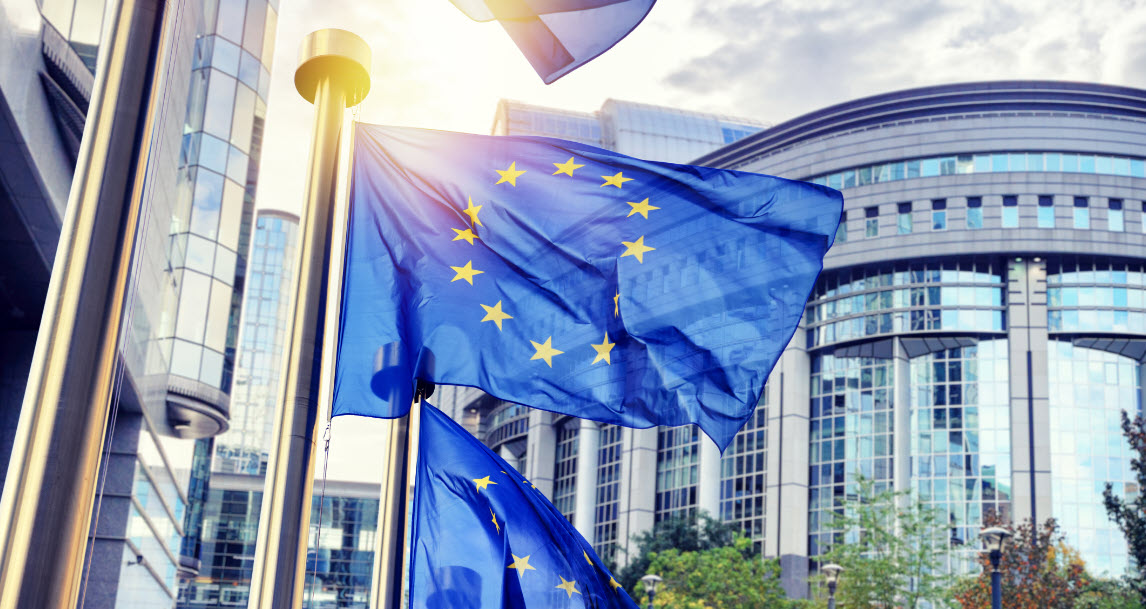In brief
EFPIA, the European Federation of Pharmaceutical Industries and Associations and IFPMA, the International Federation of Pharmaceutical Manufacturers and Associations, published at the end of September a long-awaited Note for Guidance to assist their member companies with their use of social media and digital channels. The Guidance aims to set out the areas that companies should consider when communicating on social media and other digital channels, and builds on existing guidance, including the Principles for the use of digital channels in the EFPIA Code.
In the EU, direct to consumer promotion of prescription only medicines (POMs) is prohibited. Following the impact of COVID, and the reach of social media, pharmaceutical companies have been increasingly trying to find ways to use their social and digital platforms in a compliant way with very little guidance available to them both at a national and EU level. The Guidance document identifies the most commonly used social media and digital channels and describes what members should be aware of when communicating with the general public, HCPs, HCOs, POs, and/or other stakeholders.
The scope of the Guidance is quite broad and includes general principles applicable to all members’ activities on social media and digital channels directed to/intended for third parties, conducted either by the member company itself or a third party acting on its behalf. Platforms/media covered by the Guidance include websites, social media platforms, blogs, podcasts, webinars, direct channels (e.g. emails, texts), discussion forums and engagement with influencers. Internal closed-loop digital communication does not fall within the scope of this Guidance. In terms of products, the Guidance applies to both pharmaceutical products – related activities as well as therapeutic area – related activities (including disease awareness programs, scientific communications, etc.). Over-the-counter (OTC) products and non-medical products as well as medical devices not mentioning, displaying, or branded with pharmaceutical products, are not within the scope of this Guidance.
The Guidance reiterates a rule found in various EU laws and rules that a company is responsible for all content disseminated via a digital channel including social media when the content is initiated, branded, and/or sponsored by that company or a third party acting on its behalf. However, companies are not expected to generally monitor or police independent third-party activity on non-company social media and digital channels (this means where a company has not initiated or sponsored the activity and/or the company (or a third party acting on its behalf) does not own or control the digital channel on which the activity occurs). This is without prejudice to any duty of diligence and correction that exists under applicable laws, regulations, and local/regional codes. The Guidance is focusing on certain areas where member companies of EFPIA and IFPMA should be focusing on when engaging in digital activities. Such areas include:
IT security: Companies should ensure measures are in place to assess and verify adequate IT security of social media and digital channels.
Adequate monitoring: Companies should establish procedures to review and monitor their activities, content, and materials on social media and digital channels to ensure compliance with relevant codes and applicable laws. Processes should be established to monitor, moderate, and/or, where appropriate and possible, delete any inappropriate comments in a timely manner to the extent permitted by the data protection regulations and applicable laws and codes.
Employee activities: Companies may be held responsible for engagement with, or dissemination of, information disseminated by company employees who do so via their private social media channels including a) if the employee can reasonably be perceived as representing the company and b) if the employee is instructed, approved, or facilitated by the company to do so. Companies should ensure that relevant employees receive training appropriate to their roles for responsible conduct on social media and digital channels.
Pharmacovigilance: Companies should implement policies or procedures and/or employee training on social media and digital channels to allow them to meet their pharmacovigilance responsibilities including applicable monitoring, reporting, and recordkeeping requirements.
This Guidance is very welcome as industry has been having to navigate beyond the extent of the regulatory framework and communications and interactions are increasingly online, particularly since the acceleration triggered during the Covid pandemic. It would now be helpful if local self-regulatory authorities provide and update their own guidance to ensure that the new Guidance is promptly implemented within national rules and codes. The UK industry association, ABPI, has confirmed that it has undertaken a major effort to benchmark guidance existing at the national level in European markets, and are addressing the urgent need for up to date and more detailed guidance in the UK, where the guidance has fallen out of date. We expect to see similar local initiatives in the near future with hopefully seeing the local industry associations go even further in their initiatives to add more colour and detail to help provide pragmatic and clear advice on what are often grey areas for industry.
It is also to be hoped that such guidance documents are updated far more frequently in the future, so that it can evolve over iterations to better keep step with market practices and technological advances.
For further information contact Julia Gillert and Elina Angeloudi from our London office.




